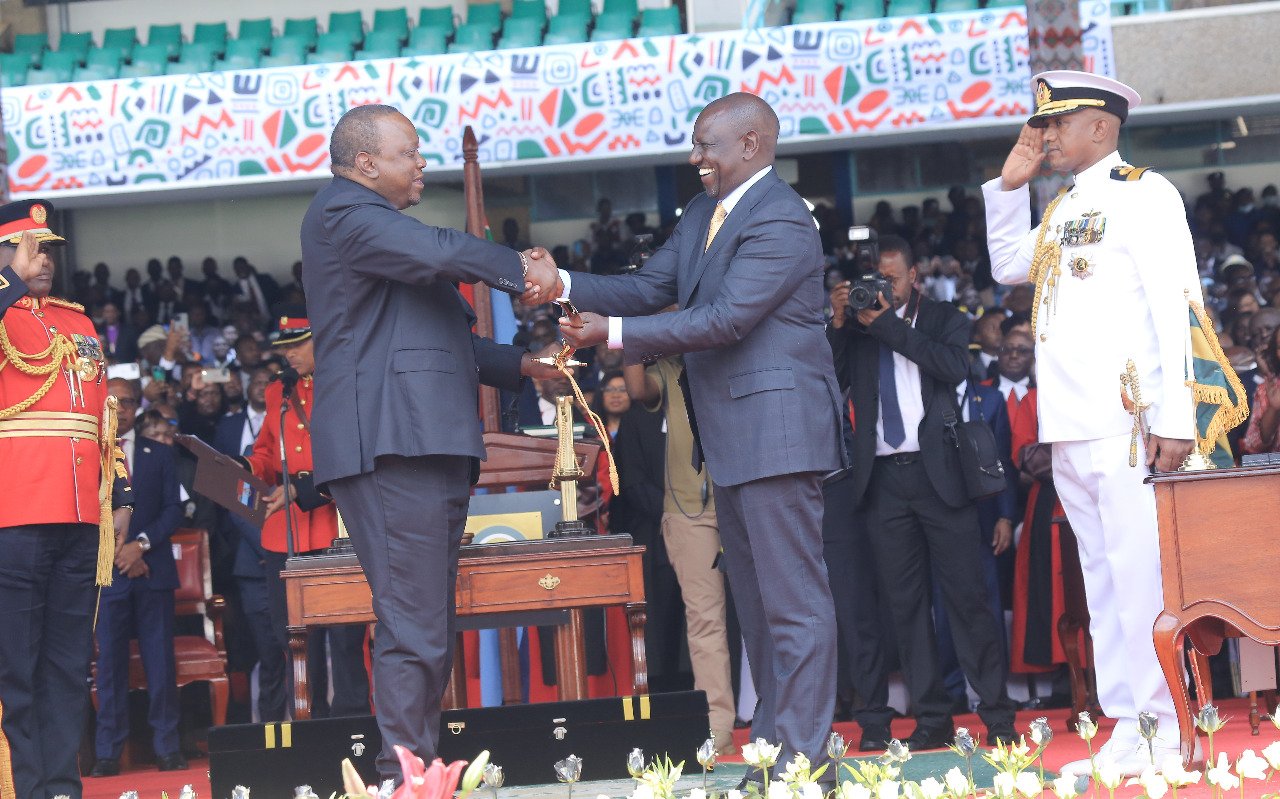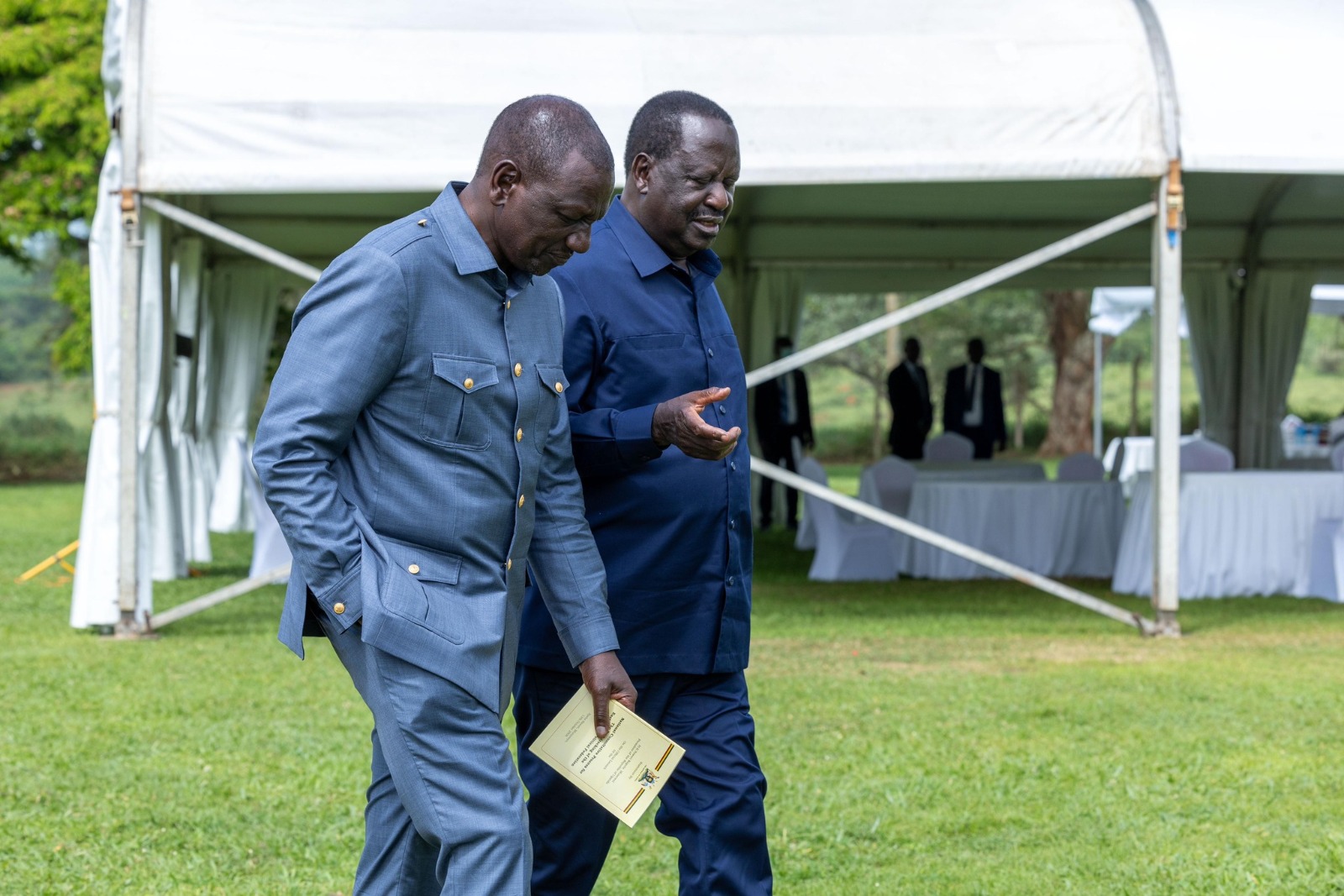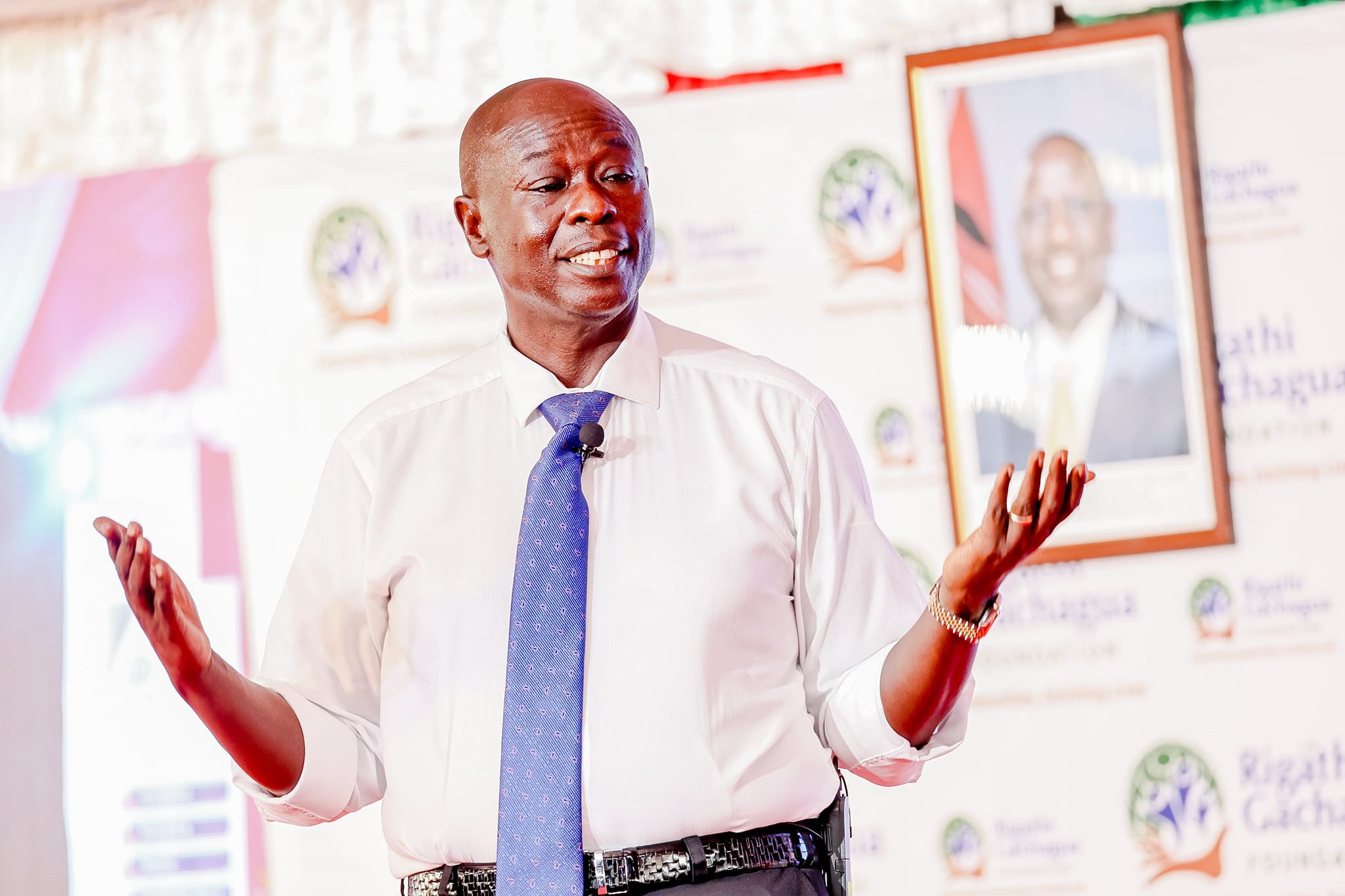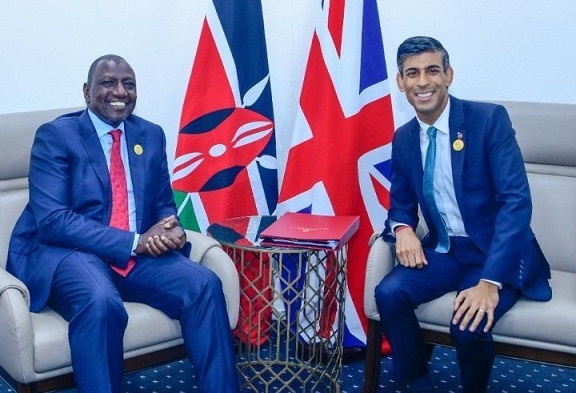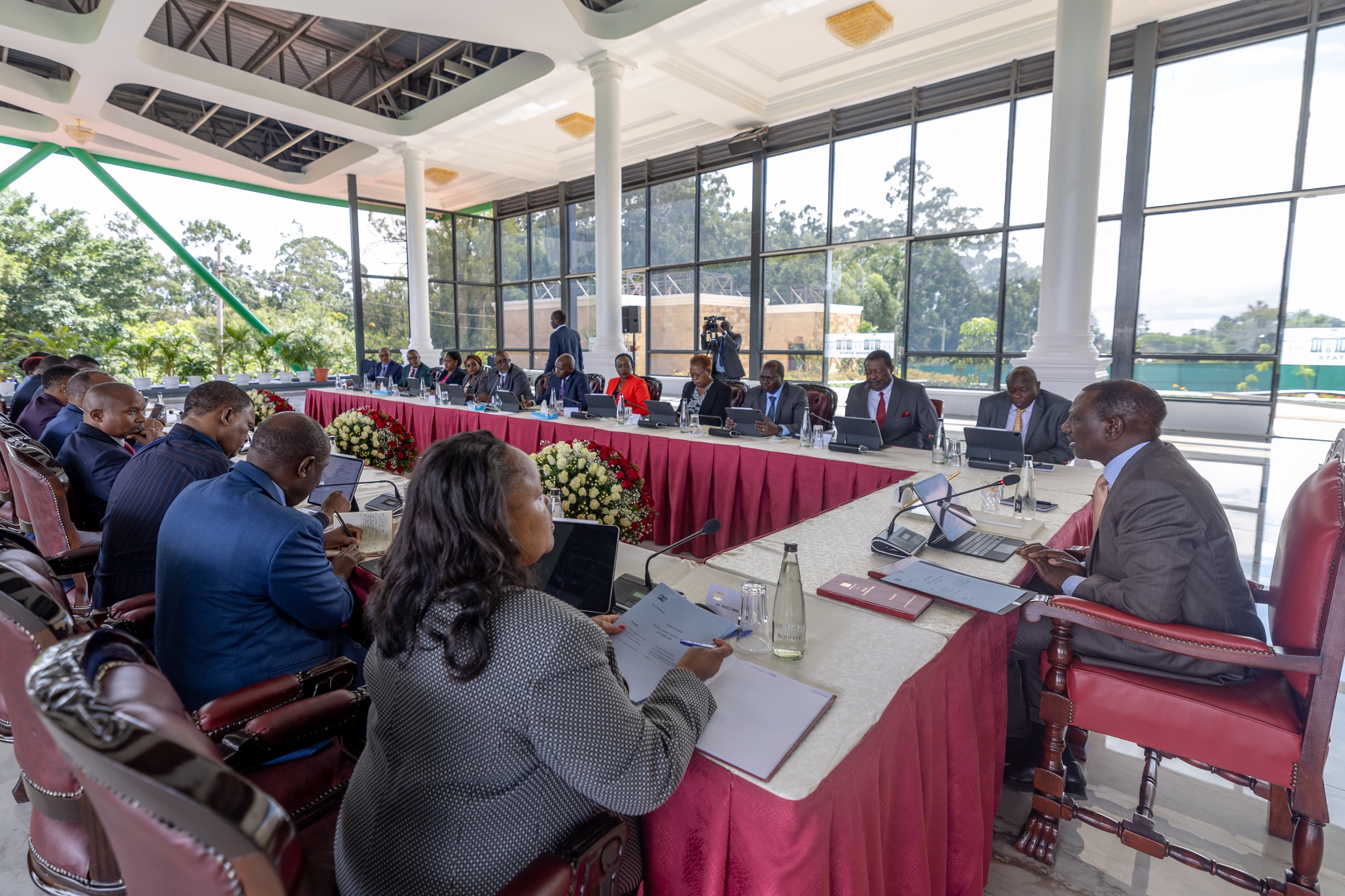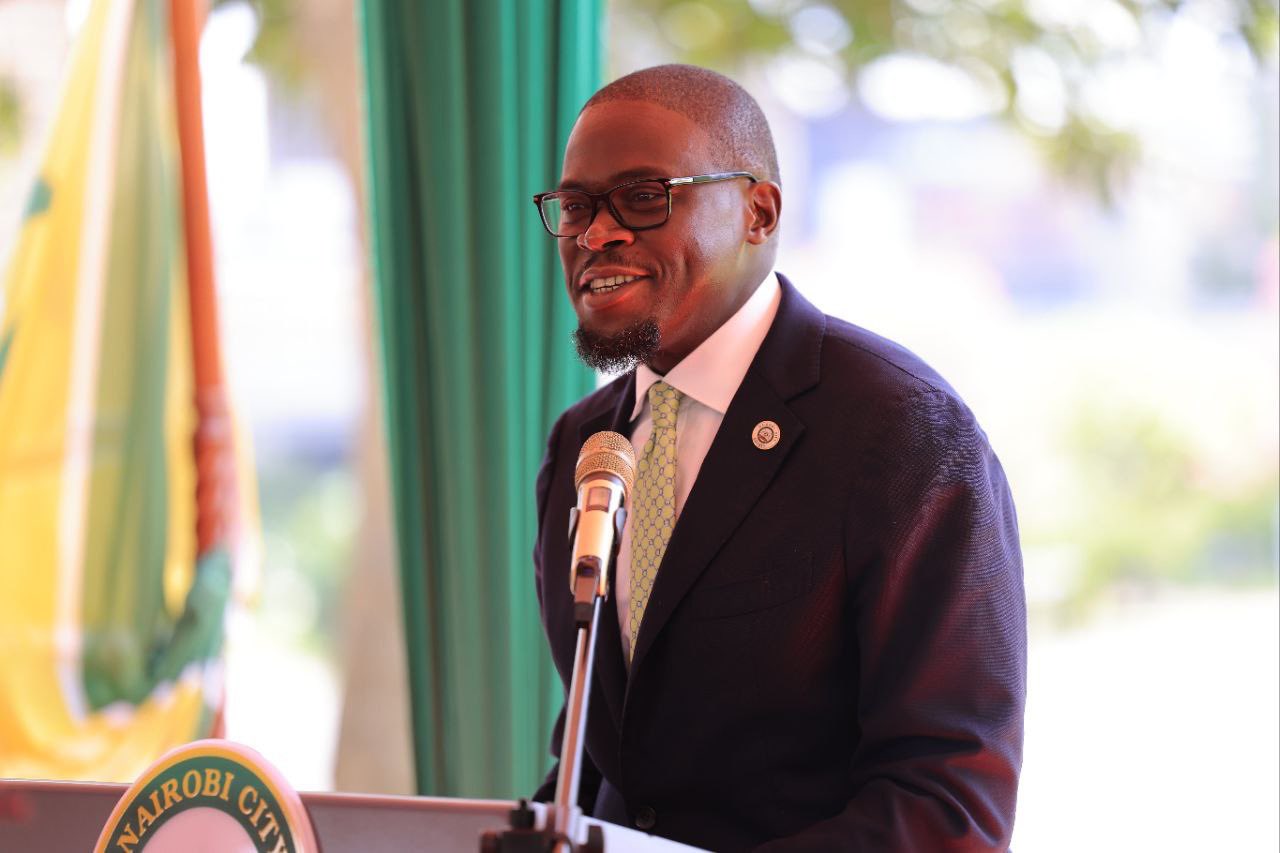In our segment of #KenyaWomenSeries, we feature, Dianah Kamande. “You may not control all the events that happen to you, but you can decide not to be reduced by them.” This quote by the late Maya Angelou, embodies the life of Dianah. Instead of this lady choosing resentment and bitterness, her interactions with Gender-Based Violence have moulded her into co-authoring a bill in the Kenyan Parliament, becoming a motivational speaker and a mentored mentor who believes that the best-empowered woman has been mentored by another woman.
Dianah calls herself a widows’ and gender-based violence activist, with a passion that was birthed after her ordeal in 2013 as a victim of Gender-Based Violence, leaving her as a widow. This experience opened her eyes to the vulnerability of women and the double vulnerability of widows. “Based on my interaction with widows and survivors of Gender-Based Violence, I strongly share the sentiments of the Former UN Secretary-General Ban Ki-Moon, that No woman should lose her status, livelihood or property when her husband dies.”
Her harrowing experience turned out to be a blessing in disguise, as it was highlighted in the media, paving the way for Dianah to better understand gender-based violence and widowhood. “As a victim of gender-based violence, I learnt that reading all the red flags is important and that it could save lives.”
As a widow, Diana suffered disinheritance despite her university level of education. She claims to have been accused of killing her husband, labelled a husband snatcher, and other unprintable accusations. Yet this also served as an opportunity for her to hear the ordeals of other widows who had endured so many tribulations, including widow cleansing, widow inheritance, and other harmful traditional practices which had been in existence before. Still, she had imagined that they were nothing but fiction stories.
“I remain grateful to the media for highlighting my story. The more my story got publicized, the more I met widows who had faced violence in the hands of family members and the society.” It infuriated Dianah that women could go through all this violence in silence with no one to fight for them. She vowed to break the silence and speak on their behalf.
Read More
“I believe that sometimes silence stops being golden and becomes a sin and that women need to protect each other in the face of patriarchy. At this point, I founded a Community Based Organization called “Come Together Widows and Orphans Organization” which provides widows with a platform to articulate their issues, experiences and draw support from others.
Through one of the local dailies, the Principal Secretary (PS) for Correctional Services, Zeinab A. Hussein, learnt about Dianah's story in 2014 and together the two started working to address the plight of widows.
“The PS visited our organization in one of the meetings in Babadogo Ward, Nairobi County. When Gender Affairs was elevated into a complete state department, and Zeinab A. Hussein became the first PS for the state department for Gender Affairs (SDGA), she introduced me to all Affirmative Action Funds Chief Executive Officers and Directors of different directorates at SDGA. This marked the beginning of a beautiful partnership with the Government.
My organization has now grown into a Non-Governmental Organization (NGO), which runs programs for Widows, Survivors of Gender-Based Violence, and Orphans. We advocate for their rights, inspire their lives, and empower them both socially and economically. We put in place strategies to ensure that their rights are guaranteed and respected through activities such as sensitization on affirmative action funds, civic education on existing laws that contain their rights, and skills training.
The organization is on a mission to make sure that “there will be a society where social justice, human rights, happiness and prosperity are guaranteed for every widow, survivor of gender-based violence and orphan in Kenya”.
1. Tell us the role you played in contributing to the drafting of the widow’s Bill, why is the Bill important, and what are some of the gaps the Bill will resolve once it becomes law.
While Dianah was still recovering from her ordeal, both physically and emotionally, she started drafting a widows’ Bill to protect widows from harmful traditional practices and to provide for their rights expressly.
She felt that the Kenyan community is a great contributor to widows vulnerabilities hence a desperate need for these widows to be protected by law from such practices and other forms of gender-based violence that widows go through daily.
The Bill was also meant to protect widow’s children in the long run so that such children wouldn’t have to grow in hostile environments where they have to watch their mothers’ dignity stripped off. Since 2016, we have strengthened the Bill together with the Government’s help, and hopefully, widows can look at a bright and peaceful future once this Bill becomes law. “The legislative process is a journey of the collaboration of many people, whom I would like to appreciate for helping me dignify widows.
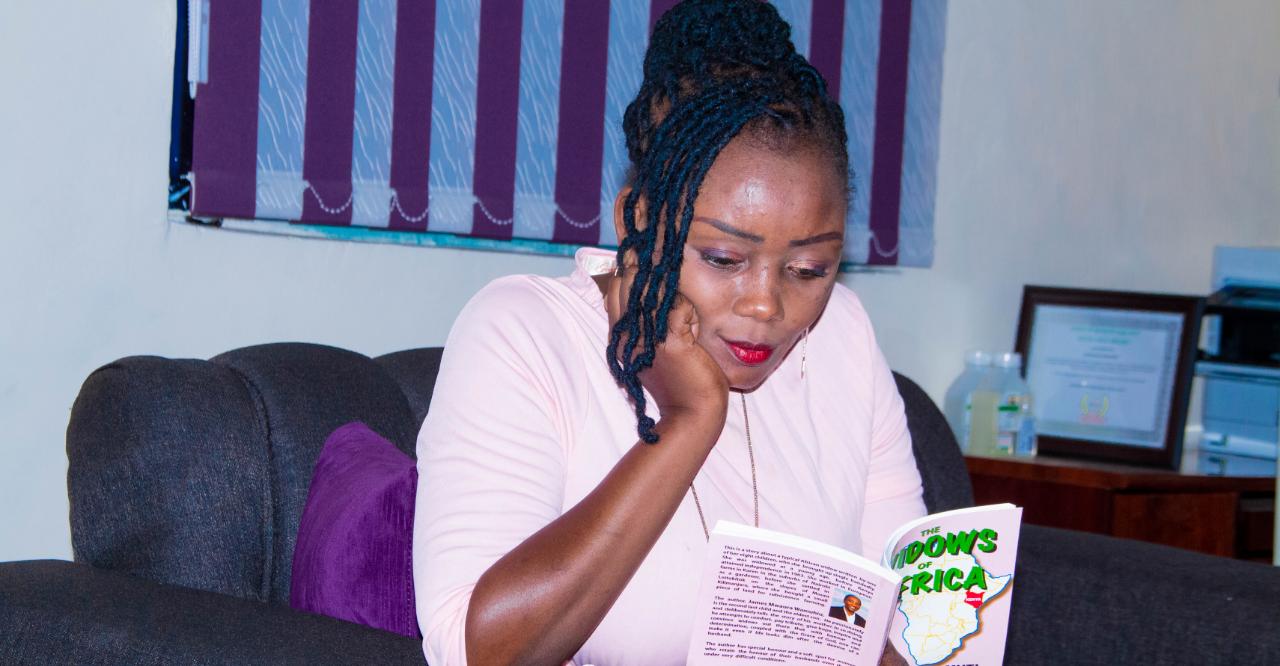
2. You have several local and international awards and recognition for your work, including a Head of State Commendation. What do these mean to you and all the women who look up to you?
Dianah has continuously taken pride in advocating for widows, survivors of gender-based violence, and orphans’ rights, inspiring them and empowering them. There are several activities in the organization that have brought her satisfaction, including; responding to the Covid-19 pandemic through donating food packages to widows, creating awareness on the existence of widows and their plight, lobbying for the collection of widows’ data in the 2019 Census, drafting protection of widowed persons Bill, skill training for widows, and reuniting them with their financial assets submitted under the Unclaimed Financial Assets Authority (UFAA).
The journey has not been easy, but it has seen her, and her achievements get recognized by several people. This is a typical example of scars turning into stars.
On 12th December 2018, Dianah was awarded the Head of State Commendation (HSC) for her efforts towards addressing the plight of widows. She also received the Unwavering Advocacy Award from Ms. Heather Ibrahim Leathers, the founder and President of Global Fund for Widows because of her relentless service in and out of Kenya, and the Above and Beyond Award, awarded by the United widows in South Carolina in honour of exemplary leadership at Come Together Widows and Orphans Organization (CTWOO) and the Association of Gender-Based Violence.
On 5th March 2021, Dianah became an honoree for the Zuri Awards Humanitarian category; an award that celebrates outstanding women who are changing the lives of Kenyan communities through their work and hosted during International Women’s Day (IWD) in Nairobi.
Moreover, CTWOO has also received the Lifetime Achievement Award, awarded by Women in Business, because of its commitment to serving widows and orphans in and out of season.
“These awards have been a source of motivation for me and the women I lead to continue fighting for the rights of widows and women in general, that they may enjoy peace while carrying on with their life.”
3. What are the two most important values that you live by and that keep you grounded while shaping the way you work.
The two values that have I have lived by are:
Empathy. This has helped me understand what other people feel, see things from their perspective, and imagine myself in their shoes. While working with people from different backgrounds, empathy has helped me remain calm in circumstances that would have caused me to lose my temper and would, in turn, cost me.
Integrity has enabled me to live peacefully and enjoy working with people. Being honest and consistent in uncompromising adherence to strong moral and ethical principles and values is important. Integrity helps one activate reliability at all times.
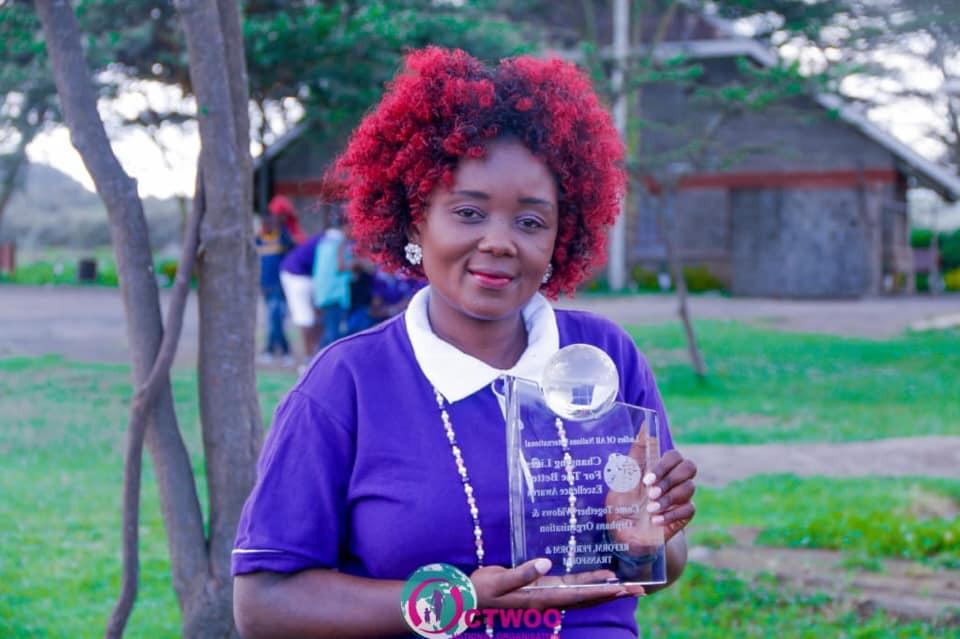
4. Dianah describes herself as a woman who is ready to stand in the gender equality gap and elevate other women.”
“Many words have been used to describe me, but so far, my best has been that I am a good mother.” Said Diana.
5. Based on your experience of surviving domestic violence and becoming a widow, what advice would you give to young girls, women and widows regarding relationships and life.
“Learn from what you see in other peoples’ relationships and be careful to watch out for the red flags. Do not wait until you experience things by yourself”.
6. As we conclude this interview, we asked Diana, given a chance to create a new world for women and girls, what would she wish for?
“I wish for a society in which social justice, human rights, happiness, and prosperity are guaranteed for every widow, survivors of Gender-Based Violence and orphans in Kenya”.
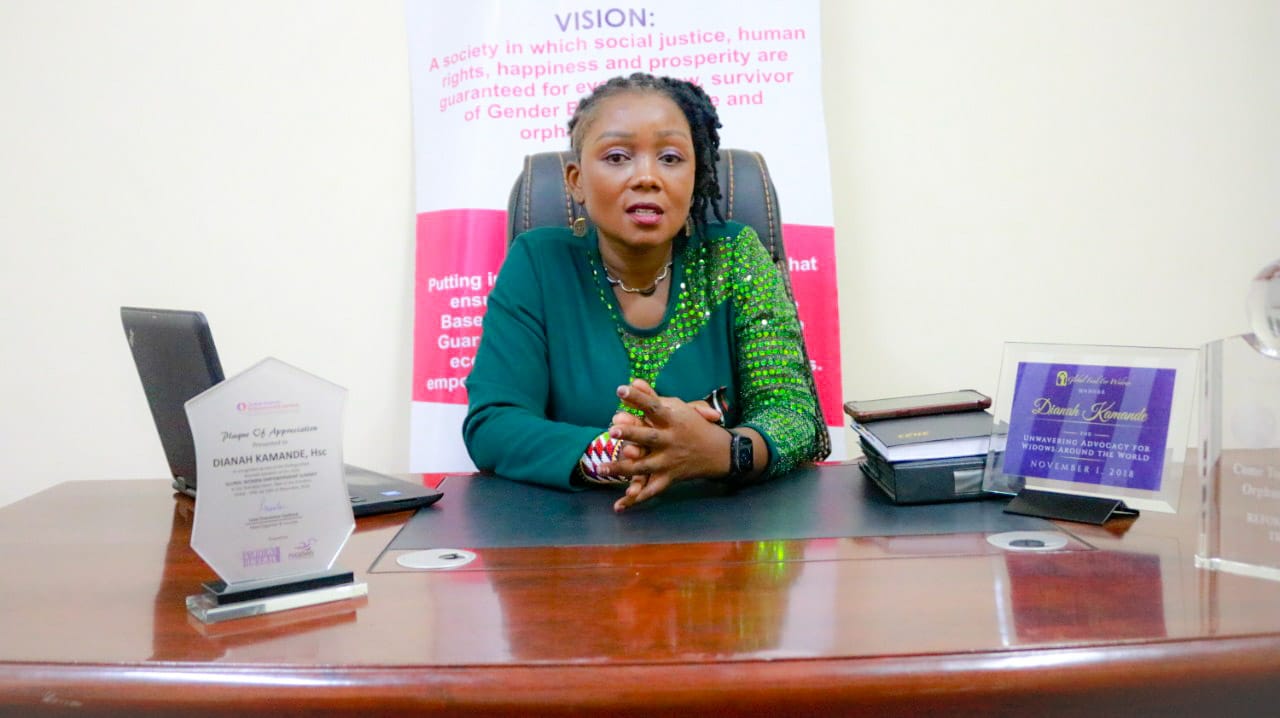
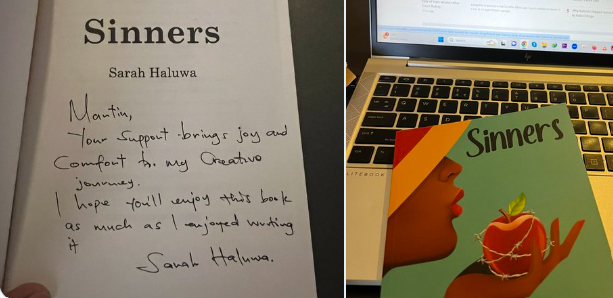
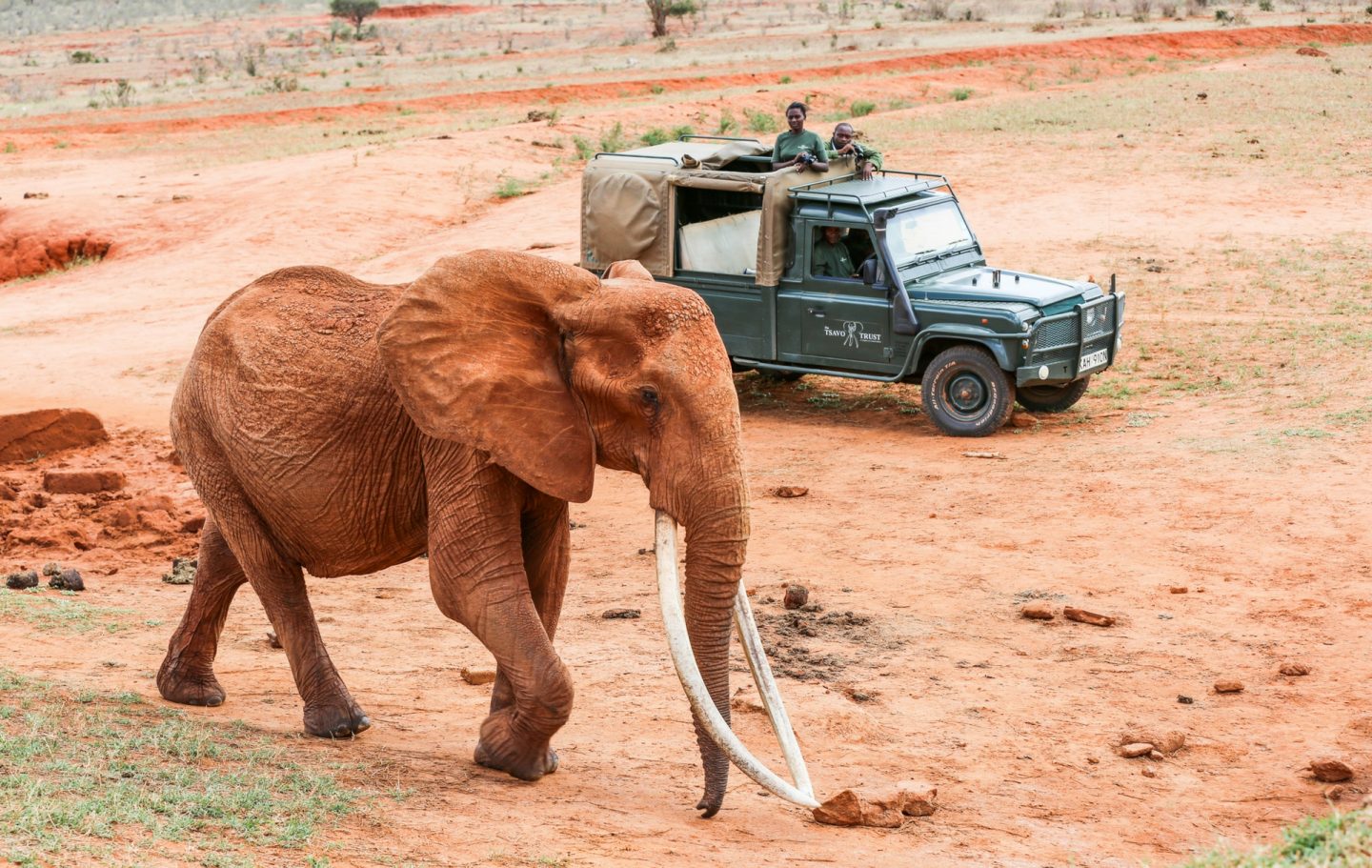
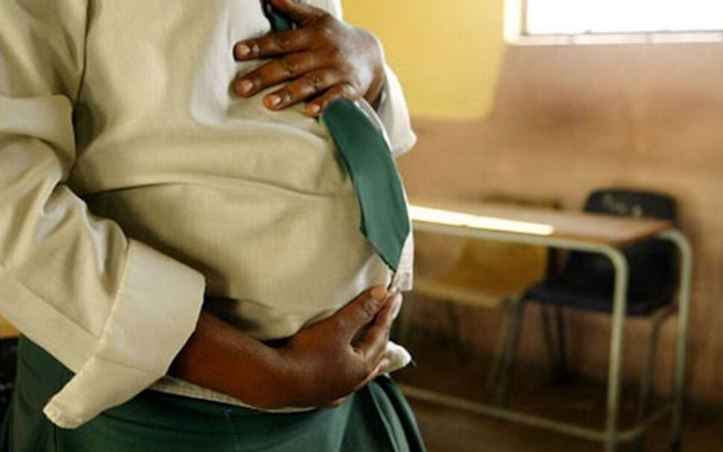
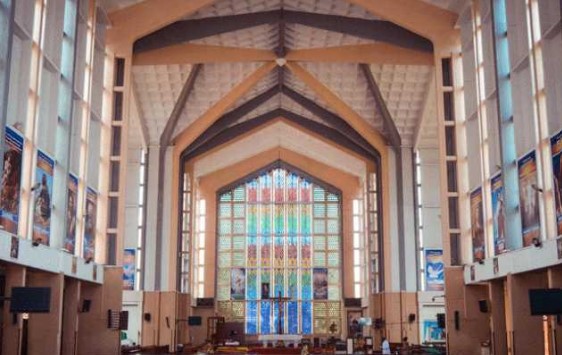
-1679468856.jpeg)
